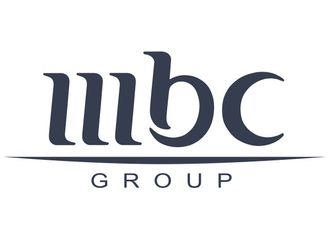Dubai: British banks' exposure to the UAE has reached $49.9 billion (Dh183.13 billion), according to the Bank for International Settlements (BIS) data, including $29.3 billion owed to HSBC and Standard Chartered Bank.
HSBC's exposure, according to BIS data, stood at $17 billion while Standard Chartered Bank's claim is expected to be around $12.3 billion to Dubai World — a minuscule amount compared to their global businesses.
Dubai World is currently in discussions with the banks to restructure about $26 billion of its debts.
HSBC's Middle East business represents only two per cent of its global operations.
Michael Geoghegan, HSBC Group CEO, said in a recent statement, "Although our business on the ground in the Middle East represents only 2 per cent of the group's balance sheet, it's an important and high-potential part of HSBC's international business mix and a region we are completely committed to.
"I am confident that the leadership of Dubai and the UAE will overcome any short-term issues they face, which appear to have been somewhat sensationalised, and continue to lay the foundations for sustainable growth."
Interest in the exposure of British banks to UAE debt has been sparked by a request by Dubai World for a ‘standstill' on the repayment of $3.52 billion sukuk by nearly six months to May 30, 2010, while the company is restructured to ensure its future commercial success.
Dubai World, which is seeking to restructure $26 billion in debt, is preparing to meet its creditors this week once they have nominated a negotiator.
Better position
Analysts point out that at such levels, the global banks' exposures are easily manageable.
"The standstill period for negotiating the debt and restructuring of Dubai World and Nakheel could potentially leave the Dubai government in a better position to support its other government-related companies," John Tofarides, banking analyst at Moody's in Dubai, said earlier.
A strategy note by HC Securities and Investment said the global banks' exposures are "a drop in the ocean compared to the toxic assets wiped out during the global crisis".
"When liquidity was tight, the risk of default was high. However, with lots of liquidity in the market and a greater acceptance of the market to take risk, especially when loans can be secured against tangible assets, we find it very unlikely that the bond holders will vote to force a company into liquidation."
Debt holders will pocket fees for breach of covenants and agree to refinance on better terms for borrowers rather than engage in a lawsuit and receive assets that are worth less, it said.













